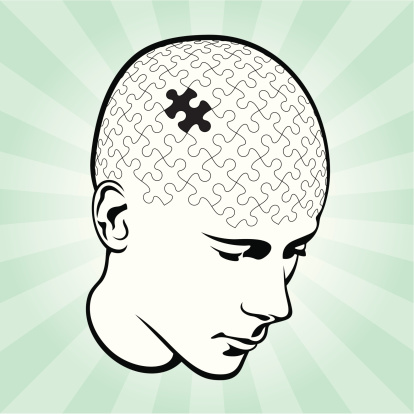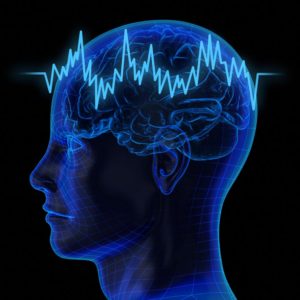A unique human ability is the use of concepts that confer meaning in an abstract way. Despite the importance of conceptual knowledge for human cognition, scientists know little about the underlying neural mechanisms and structures. To better understand this process, Chadwick et al. scanned people’s brains while they performed tasks known to cause false memories in a statistically predictable manner. They found that activity in the temporal pole, a region known as the “semantic hub” of the brain, could predict false memories. Moreover, individuals had distinct patterns of activity in this region, allowing the authors to predict specific memory errors in different subjects.







